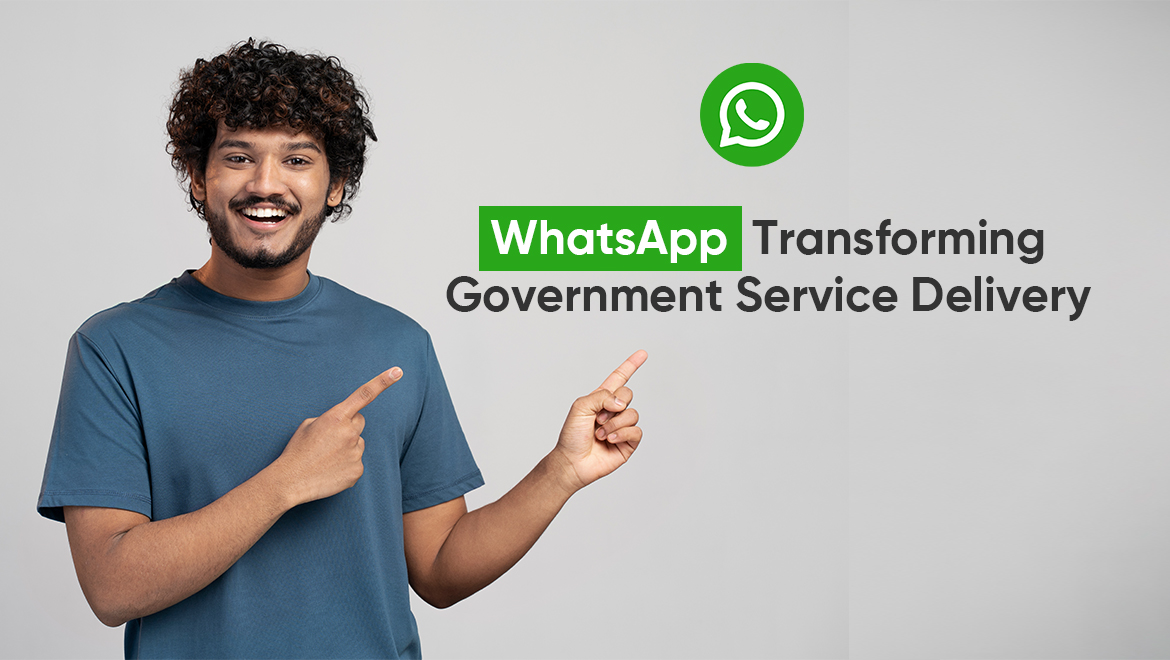From Queue to Click: Transforming Government Services with WhatsApp
In an era where digital solutions are increasingly sought to enhance efficiency and user satisfaction, government services worldwide are turning to innovative technologies to streamline their operations. One such transformative tool is the WhatsApp Queue Management System, a digital leap from traditional queuing to a more sophisticated, click-based service access. This article dives into how this system is revolutionizing the delivery and accessibility of government services, making them more user-friendly and efficient.
1. The Dilemma of Traditional Queuing Systems
Traditional queuing systems in government service centers have long been criticized for their inefficiency, long waiting times, and the inconvenience they pose to the public. These systems often lead to overcrowding, increased frustration among citizens, and a significant drain on resources.
2. WhatsApp Queue Management System: A Digital Revolution
The WhatsApp Queue Management System harnesses the simplicity and ubiquity of WhatsApp to offer a seamless queuing and service access experience. By integrating this system, government agencies can dramatically improve their service delivery and public satisfaction.
3. Seamless Appointment Scheduling
Through WhatsApp, citizens can effortlessly schedule, reschedule, or cancel appointments for various government services. This system not only optimizes the flow of visitors but also significantly reduces physical waiting times.
4. Real-time Updates and Notifications
The system provides real-time notifications about queue status, wait times, and upcoming appointments, allowing citizens to plan their visits more effectively and avoid unnecessary waiting.
5. Document Submission and Verification
Citizens can securely submit and verify documents through WhatsApp, streamlining processes that traditionally required in-person visits. This feature greatly enhances convenience and operational efficiency.
6. Accessibility and Reach
With its wide adoption, WhatsApp allows this queue management system to reach a broad audience, ensuring that even those in remote areas can access government services with ease.
7. Enhanced Public Engagement
The WhatsApp Queue Management System facilitates a two-way communication channel between government agencies and the public, enabling quick feedback, surveys, and direct interaction that can help improve service quality.
8. Emergency Services and Critical Alerts
In critical situations or emergencies, the system can be used to disseminate important alerts and safety information swiftly, ensuring that the public stays informed and prepared.
9. Data Security and Compliance
While the system offers numerous advantages, it is crucial for government agencies to implement robust data protection measures to safeguard personal information and comply with privacy regulations.
The Future of Government Services: Beyond Queue Management
Looking ahead, the integration of AI and chatbot technologies within the WhatsApp Queue Management System could further enhance its capabilities, offering automated assistance, personalized service notifications, and even more interactive and responsive public services.
Conclusion
The WhatsApp Queue Management System represents a significant stride towards modernizing government services, transitioning from the traditional queue-centric approach to a more efficient, digital-first strategy. By leveraging the widespread popularity and functionality of WhatsApp, government agencies can offer a more accessible, convenient, and satisfactory service experience to the public. As this digital transformation unfolds, it promises not only to streamline government operations but also to foster a more engaged and satisfied citizenry, ready to embrace the future of public service delivery.




